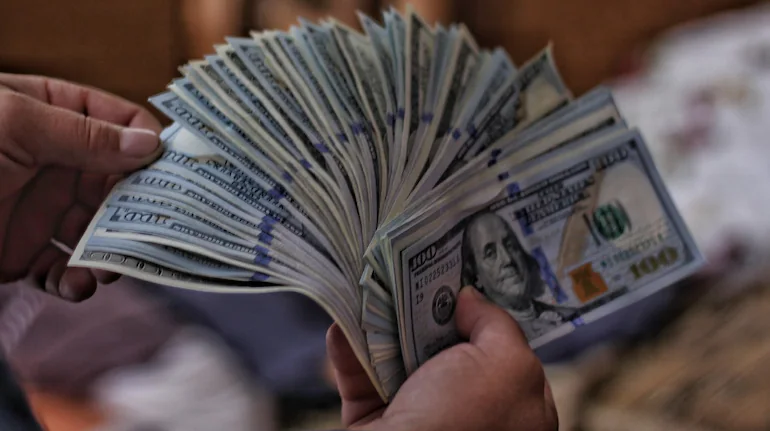When planning a trip abroad, one of the first things you need to figure out is how you exchange your currency. Will you bring cash and exchange it when you arrive at your destination? Will you use debit or credit cards? Or travel-specific cards that don’t charge foreign transaction fees?
Each method has pros and cons, but the best way to get the best rate is to use a combination of all three. Here’s a look at five tips to help you get the best rates when money exchange {꽁머니 환전}.
1. Do Your Research:
You should always start by doing your research to know what the current exchange rate is and how it compares to current rates. You can find this information online, in newspapers, and on TV news programs. Then, once you understand the current market, you can start shopping around for the best rates.
2. Know Your Fees:
Every time you exchange currency, there are going to be fees involved. Some places will charge a flat fee per transaction, while others will take a percentage of the total amount being exchanged. Ensure you understand the fees involved before deciding where to exchange your currency.
3. Avoid Dynamic Currency Conversion:
Dynamic currency conversion is when a merchant offers to convert your purchase into your home currency at the time of purchase. The problem is that these conversion rates are almost always worse than if you had simply used your bank’s foreign ATM or credit card. So, if given a choice, always decline dynamic currency conversion.
4. Bring More Than One Method:
When traveling, bringing more than one payment method is always a good idea. That way, if one method doesn’t work for some reason, you have others you can fall back on. In addition to cash and cards, consider using traveler’s checks or even prepaying for some expenses before you leave to know they’ll be taken care of no matter what happens with your other payment methods.
5. Know Your Limits:
Credit cards and debit cards usually come with daily limits on how much money can be withdrawn from ATMs or spent in stores. Check with your bank or credit card company to know these limits and plan accordingly before traveling. It’s also a good idea to let them know that you’ll be traveling so that they don’t flag your account for unusual activity and freeze it while you’re away.
Conclusion:
By following these seven tips, you can be confident that you’re getting the best possible rate when exchanging currency—whether you’re using cash, cards, or traveler’s checks. With some preparation, you can save time and money while enjoying your vacation without worrying about running out of money.

